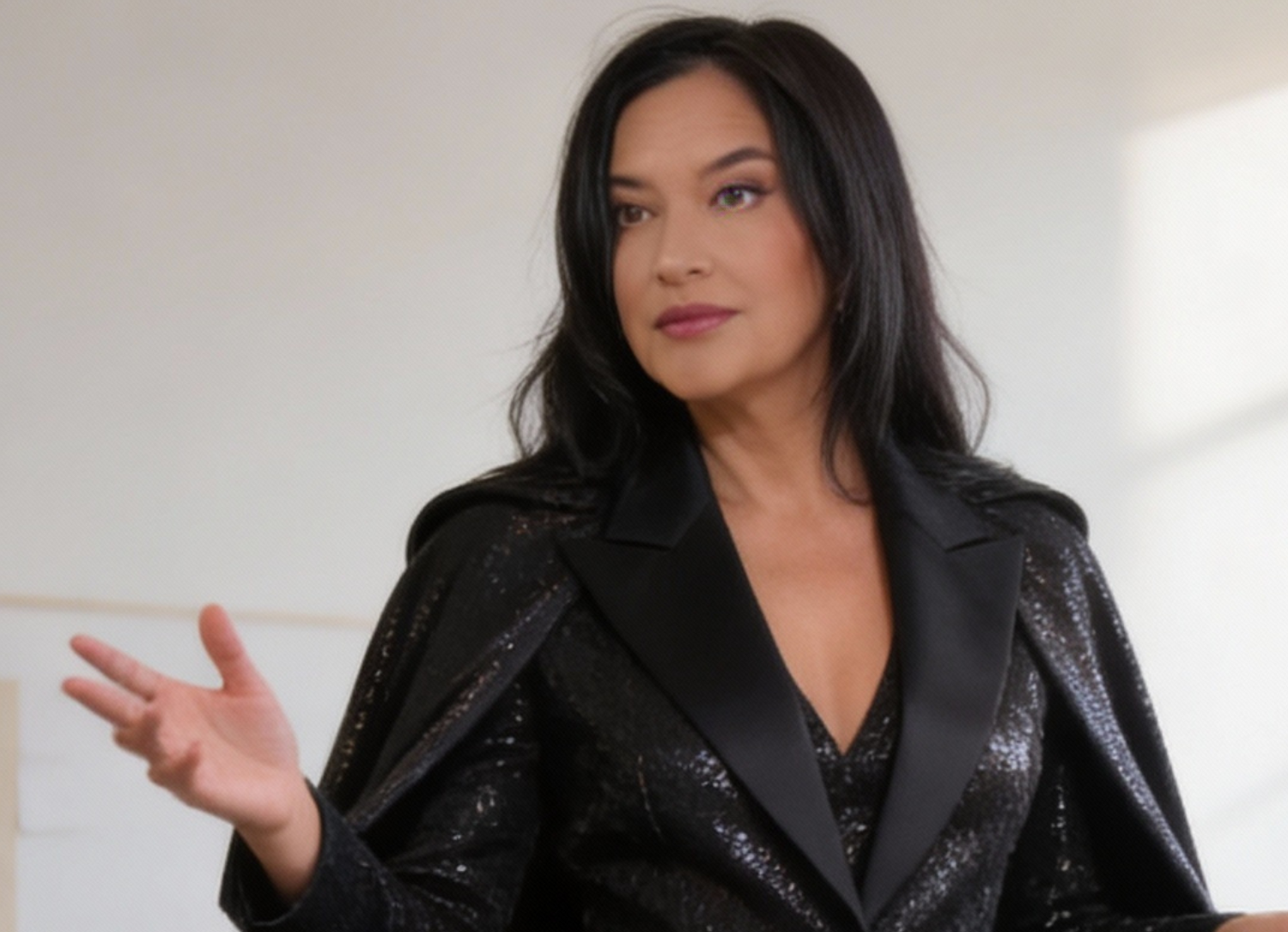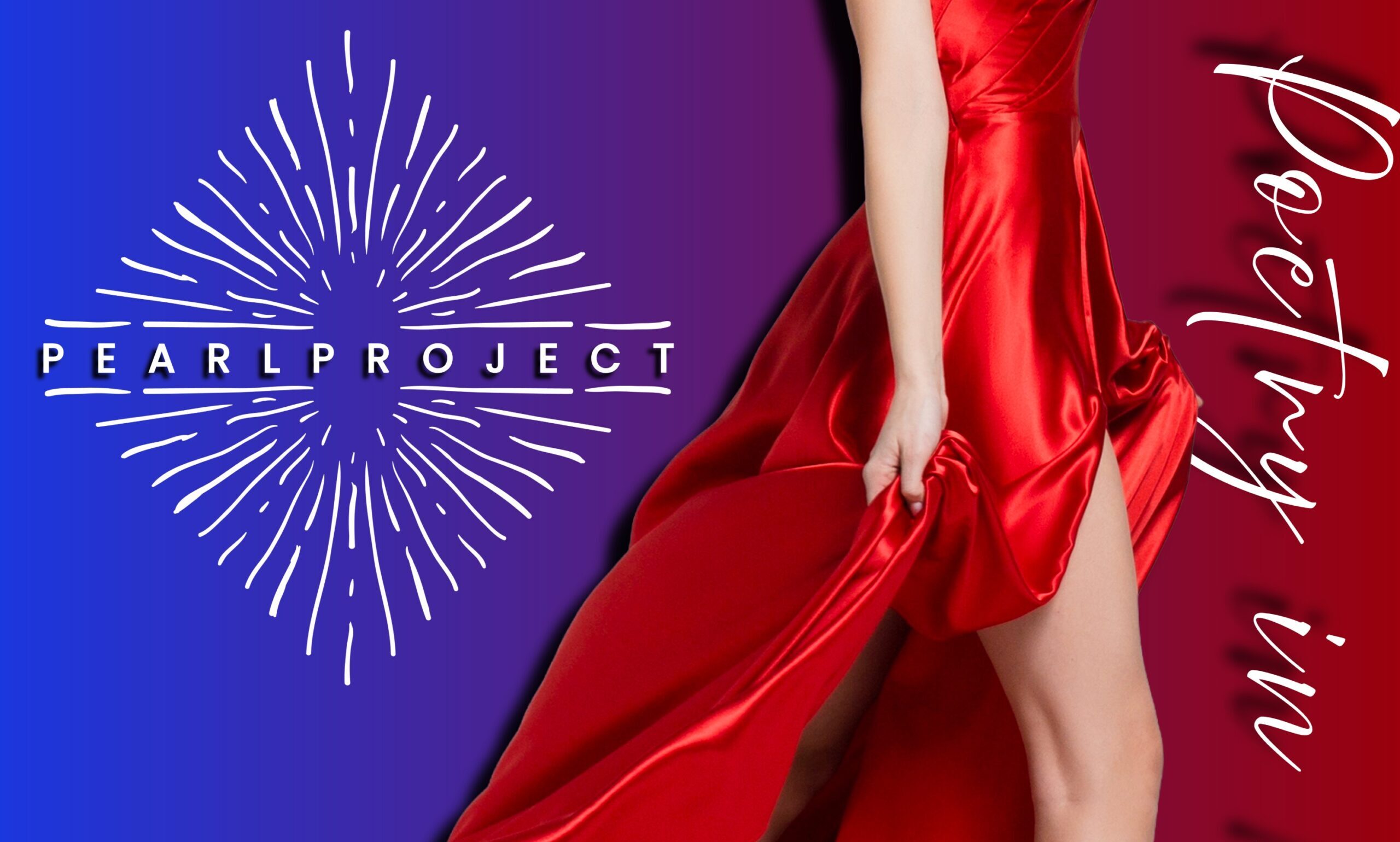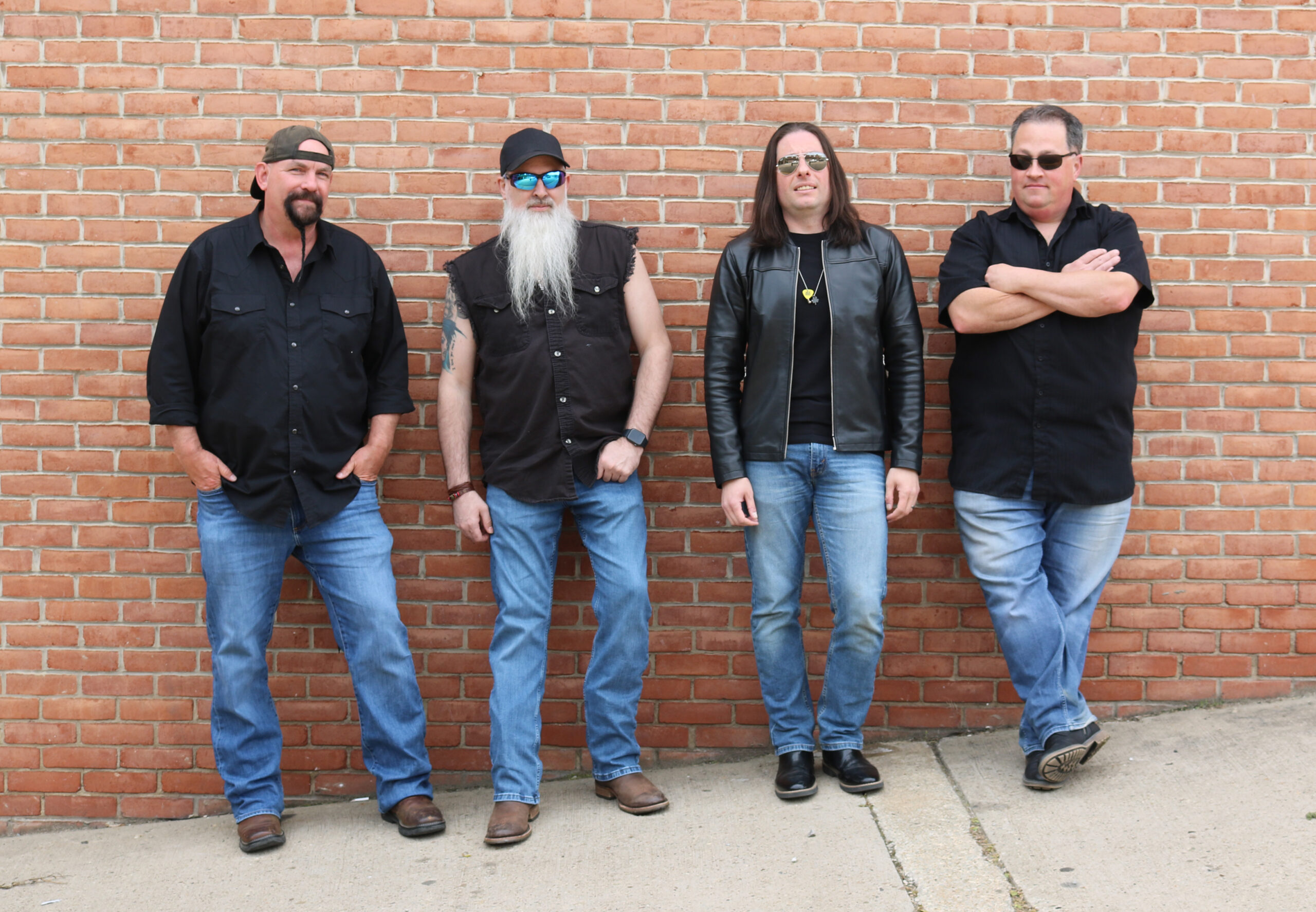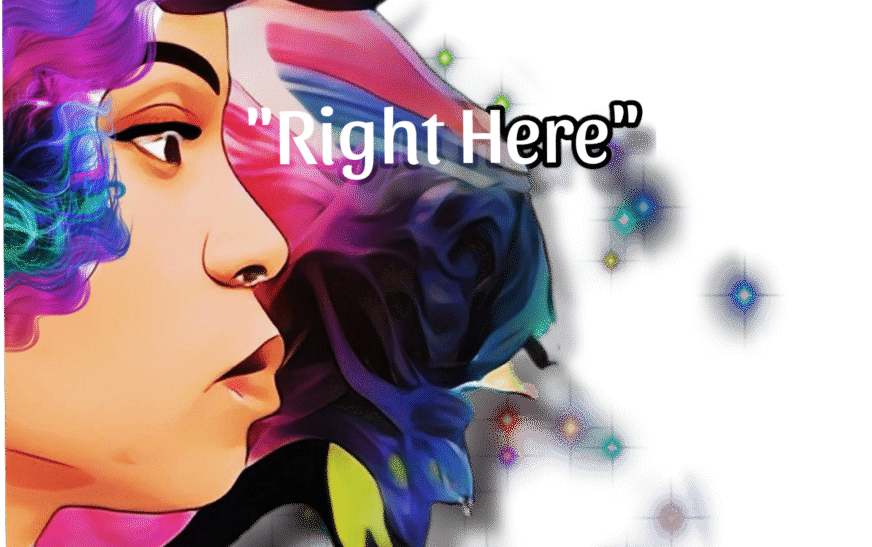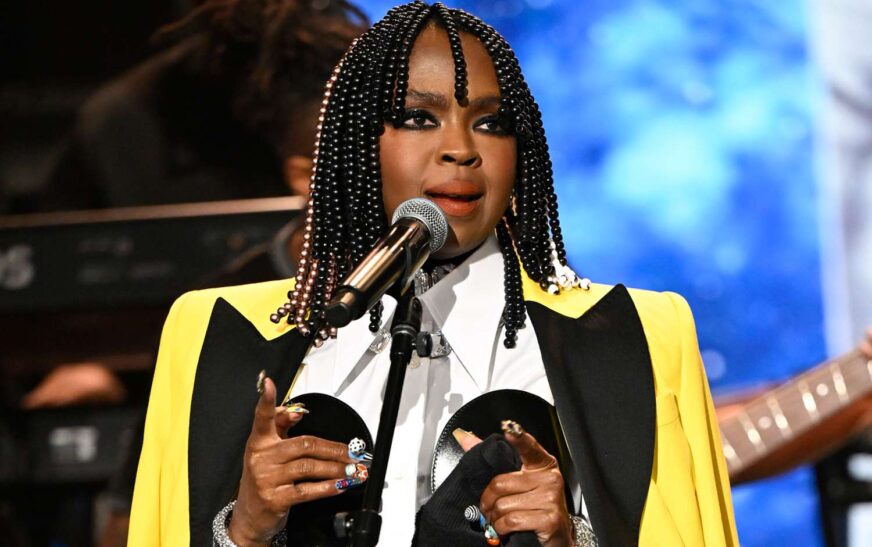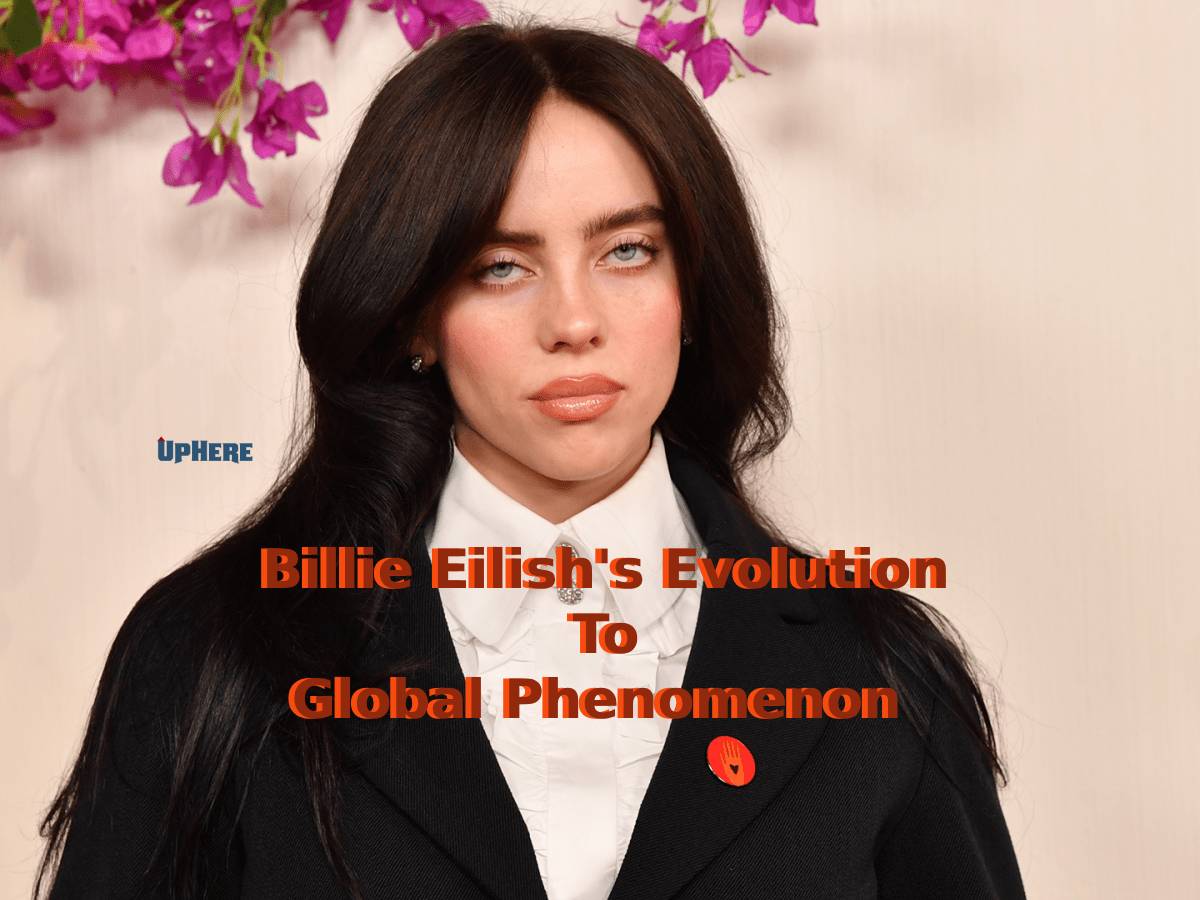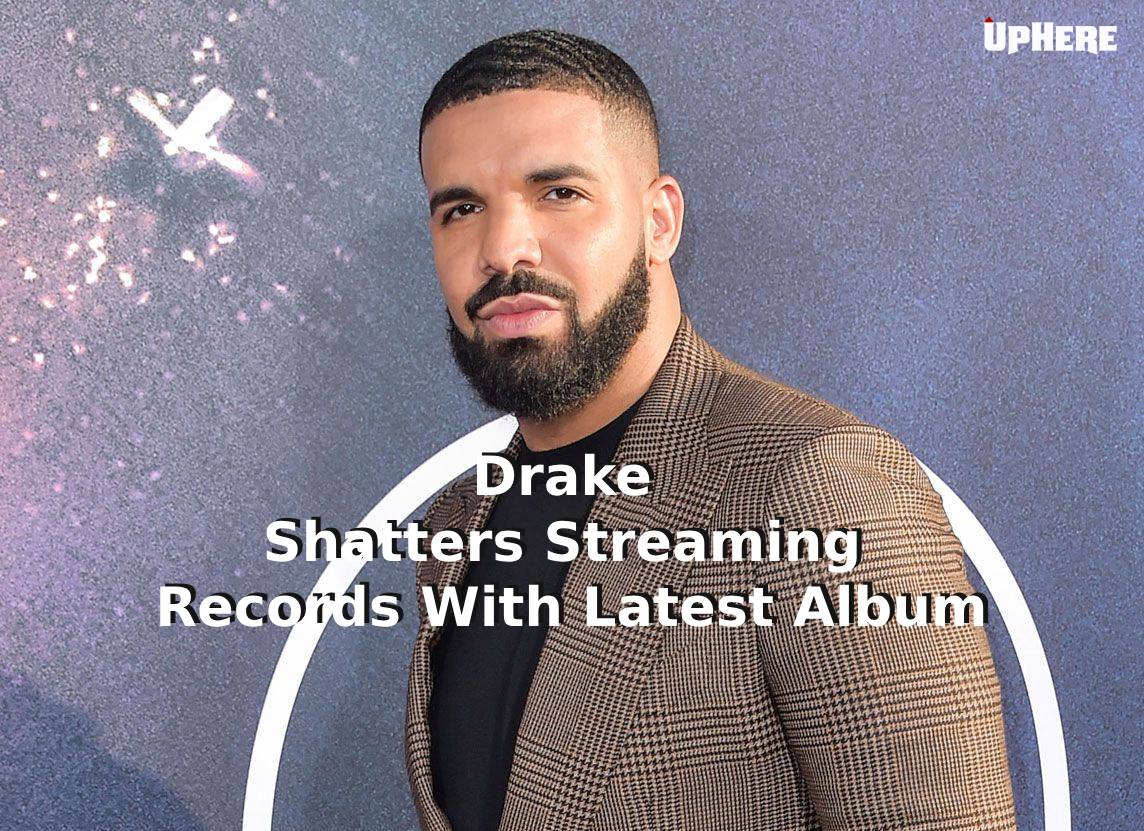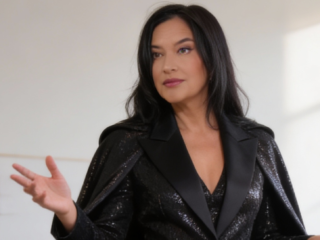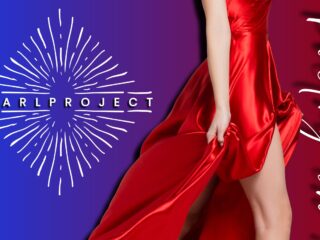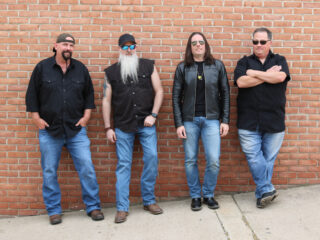As music mogul Sean “Diddy” Combs’ high-profile criminal trial gets underway in New York City, the focus is already on one of the most crucial and problematic steps in the legal process, and that is the jury selection. As opening statements are slated to start later next week, the war being waged in this courtroom at the moment is one of finding 12 people who can be sworn in and deliver a verdict of innocence or guilt beyond a reasonable doubt for a case that has already made its way across the country.
From the start, Diddy’s legal team realized it was in for a challenging and uphill battle. With his high profile and massive publicity, this case again underscores the difficulty of seating a prejudice-free jury. In today’s hyperconnected digital world, where news, gossip, and opinion pieces can go viral in seconds, locating jurors who have not been influenced, even if they don’t know it by the court of public opinion, has become nearly impossible.
But one of the defense’s reported tactics was this a question to prospective jurors whether they ever had an opinion that they felt strongly about later and changed their opinion. The question is submitted for a primary purpose. Diddy’s attorneys are hunting for any jurors with open minds, barring any preconceived notions, and deciding on the case based on nothing more than what they hear in court. It is a strategic bid that implicitly recognizes that many prospective jurors walking into the courtroom may already have formed an opinion about the case, even if they don’t know it.
Check out this article: Fat Joe Sues Ex-Hypeman Over Grotesque And Scandalous Allegations
Complicating matters is the rampant misinformation about what the charges mean. Many potential jurors reportedly believe the trial surrounds allegations about minors. This misunderstanding, probably intensified by rumors and unrelated online allegations, presents a double-edged problem. On the one hand, it opens the possibility of jury prejudice with a distorted impression of the truth, but on the other, it allows the defense to excuse people who enter the court with mistaken preconceptions, thus opening up a means of selecting a fair panel.
However, the most immediate challenge is the anticipated trial length. Many potential jurors are already asking for hardship exemptions in a trial that is expected to last up to two months. The time commitment, especially in New York, where people grind through their daily lives, and earnings often hinge on working nonstop, makes it increasingly complex for judges to find jurors who can serve without great personal or financial sacrifice.
Factors such as media saturation, misinformation, and being time-poor have transformed Diddy’s jury selection into a legal juggling trick. The prosecution and defense must painstakingly sift through candidates, considering biases, backgrounds, and availability, in hopes of selecting a panel that passes constitutional muster as fair. The work is laborious and systematic, each side using peremptory challenges and challenges for cause as weapons of influence.
Outside the courtroom, the problems with the jury process speak to larger challenges confronting the American legal system. The celebrity trial has always straddled the thin tightrope between justice and spectacle, but in an age in which viral headlines are obsession-stoking content and social media commentary is constant and relentless, that tightrope has become thinner than ever. As the case heads toward opening statements, Diddy’s defenders are fighting not just legal charges but prejudice. At this stage of the trial, the jury will be selected and built, one question at a time.



